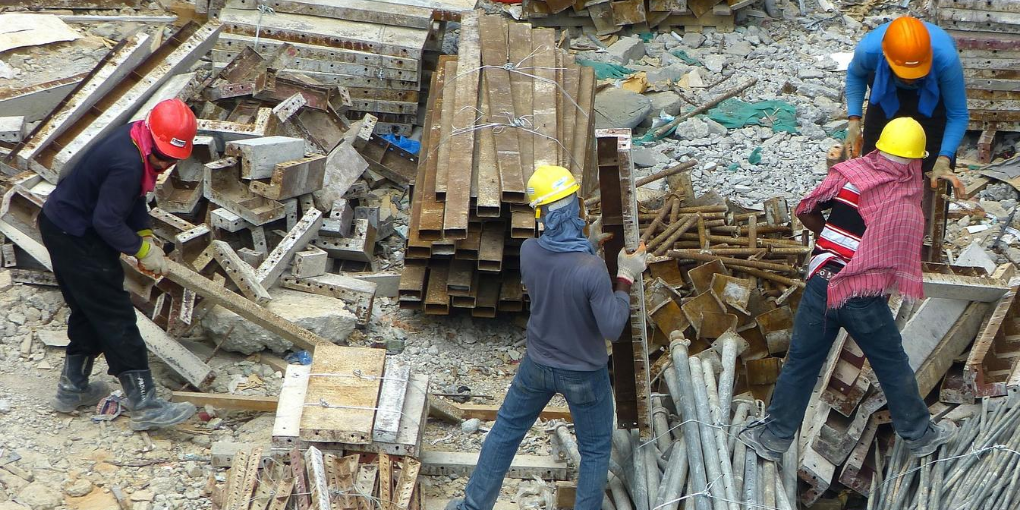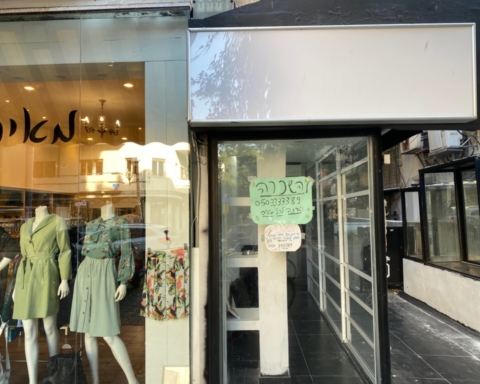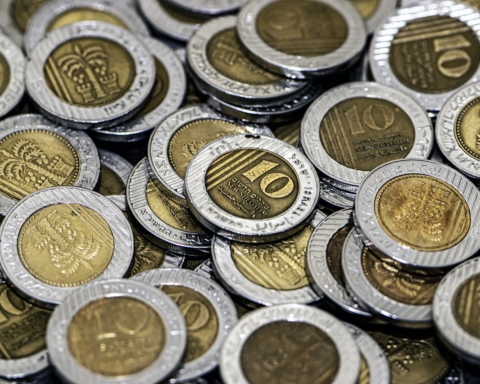As citizens suffer from the highest unemployment rate in decades due to coronavirus, Israeli officials authorize hiring 30,000 foreign workers. The Ministries of Labor, Welfare, and Construction have each agreed to import workers, approving the increase of Palestinians from 64,000 workers to 80,000, doubling the migrant workers to over 32,000, and approving work for 700 Jordanians.
Despite the 12% unemployment rate and millions of Israelis out of the workforce due to coronavirus, there seems to be little thought as to how to bring Israelis into the fold. Many workers are being brought in for construction, while Israeli training programs are being canceled. In February, the state suspended a program to train Israeli construction workers. The program ran for 2 years, yet the 80-million-shekel budget was halted. Three hundred people remain on the waiting list as the budget remains frozen.

Foreign workers cost employers much less money. Israeli workers cost employers at least NIS 35,000 per year, which is often factored into housing prices. Construction lobbyists approached the government to approve foreign workers based on the low cost and high demand. Other industries that commonly hire foreign workers are caregiving, agriculture, and tourism.
Some claim that Israelis aren’t interested in working in these areas, and some believe it is up to the state to offer incentives and training programs, to at least give the citizens of Israel in need of work a fair and just opportunity, before offering work to those who will simply work for less – and so deserve fair and just pay.








